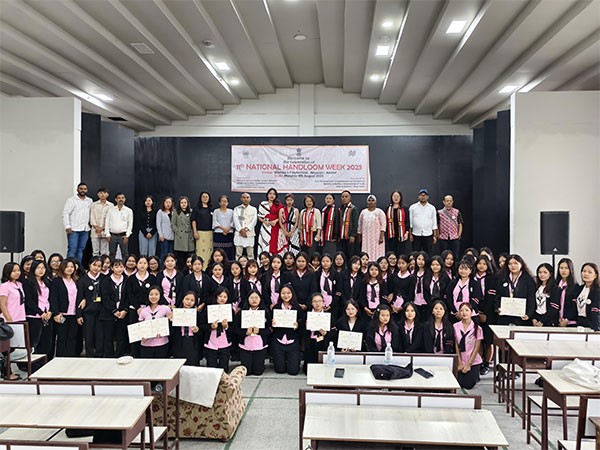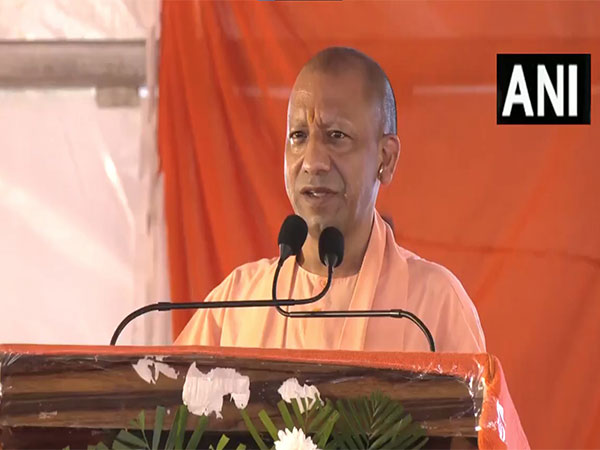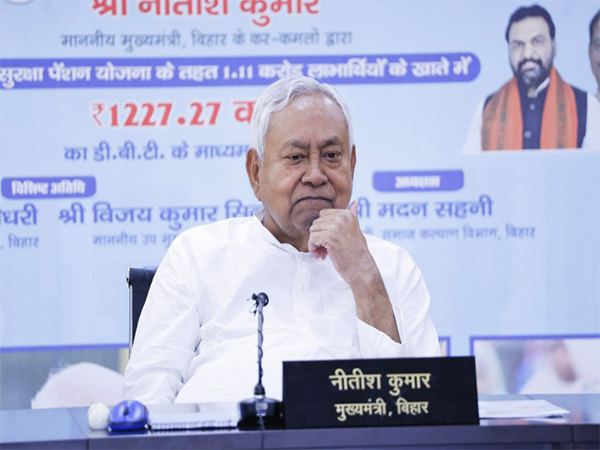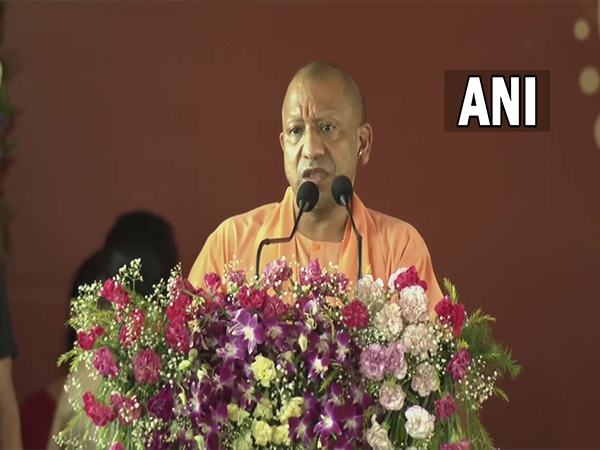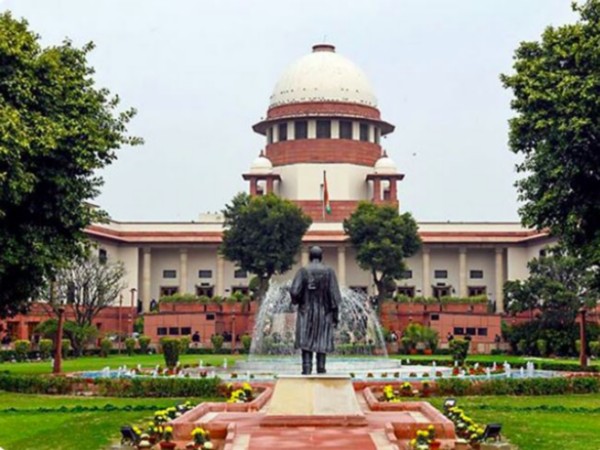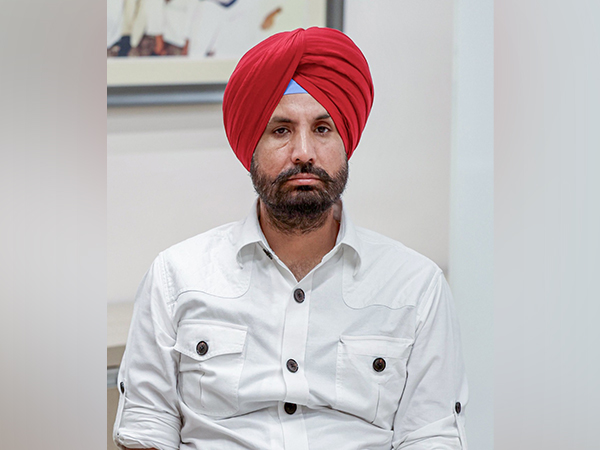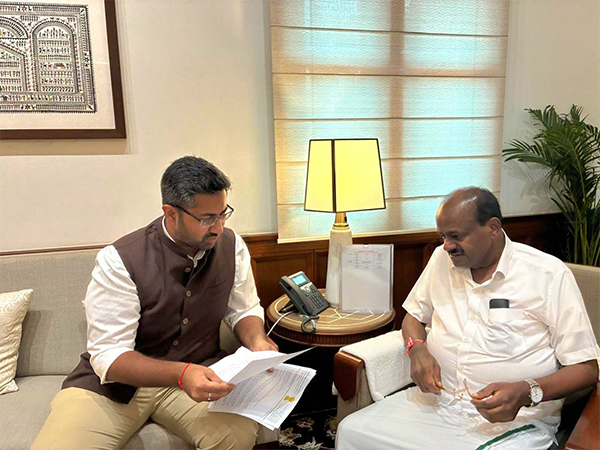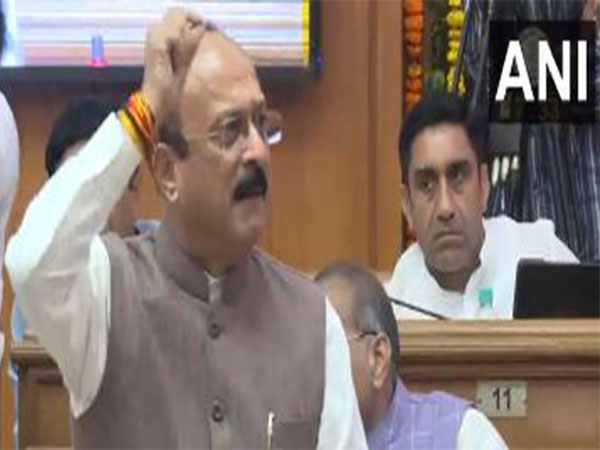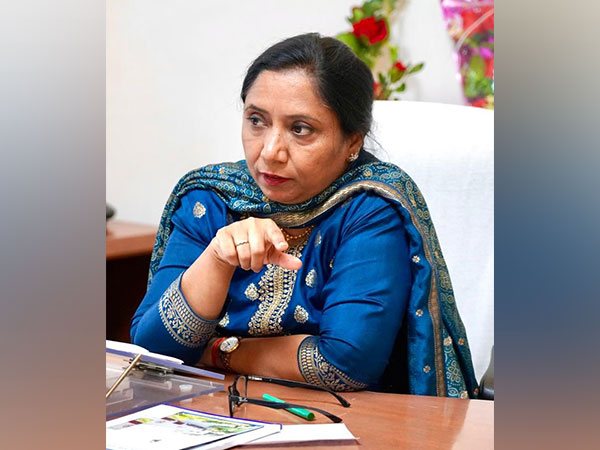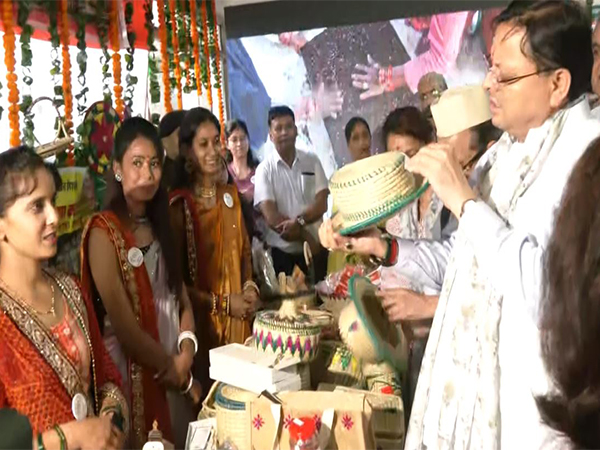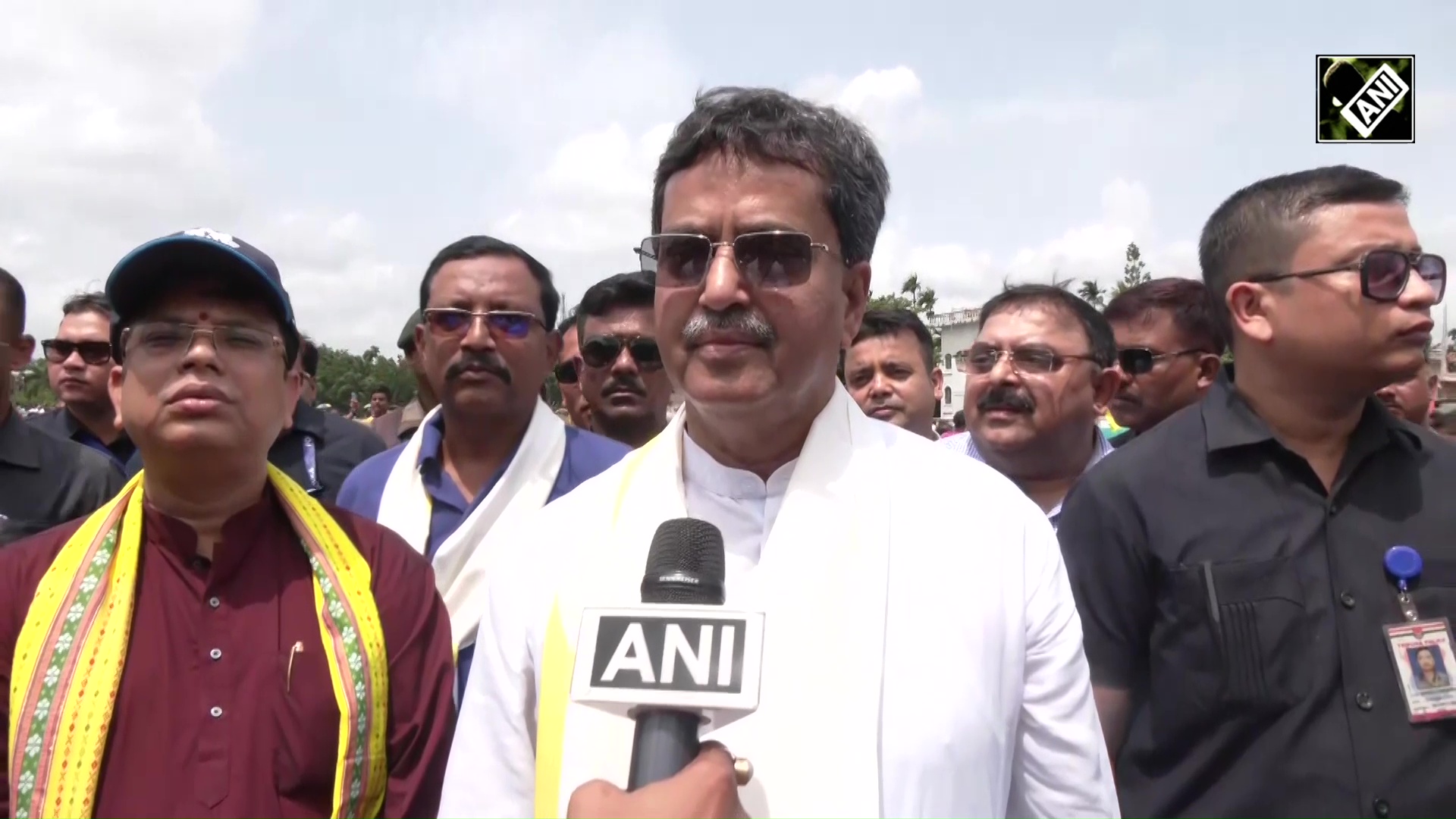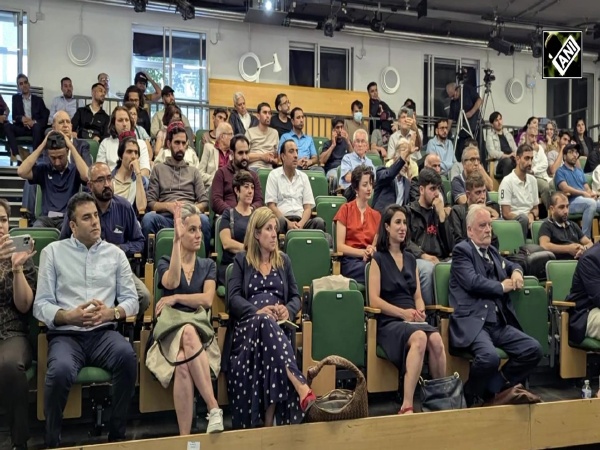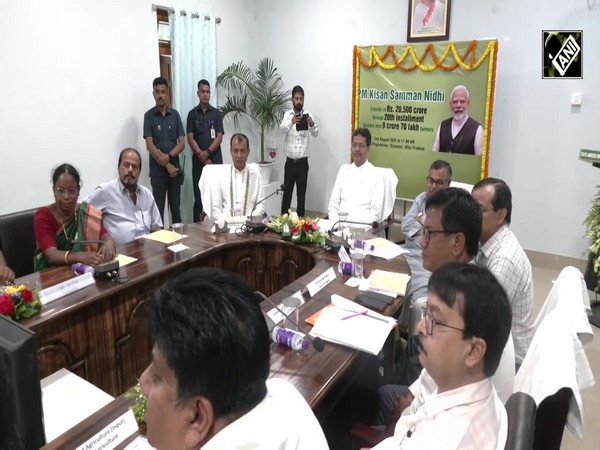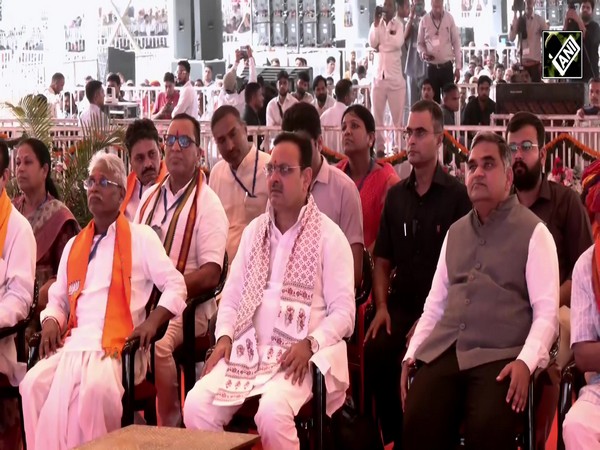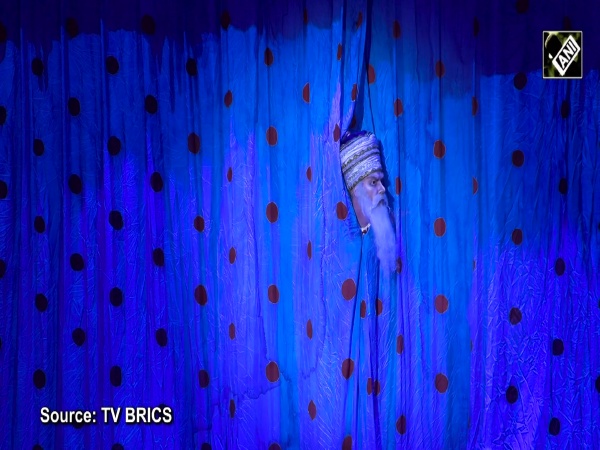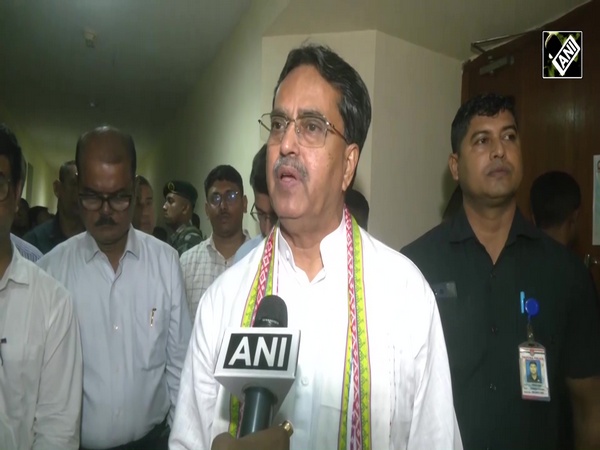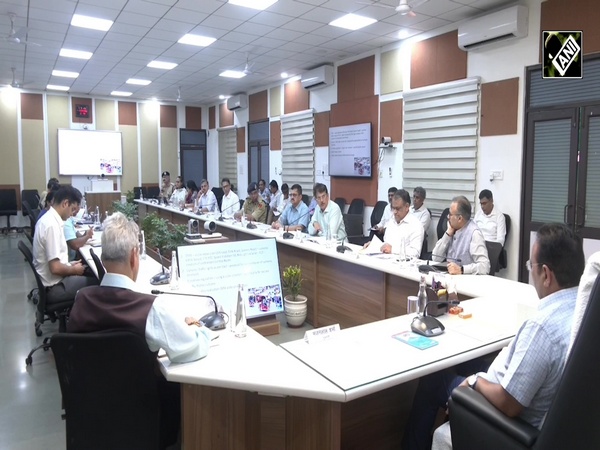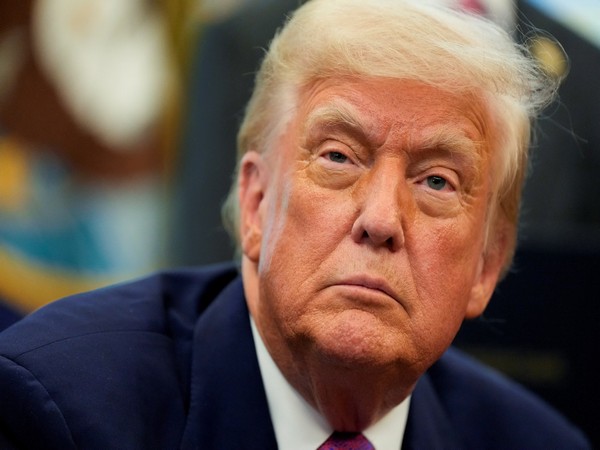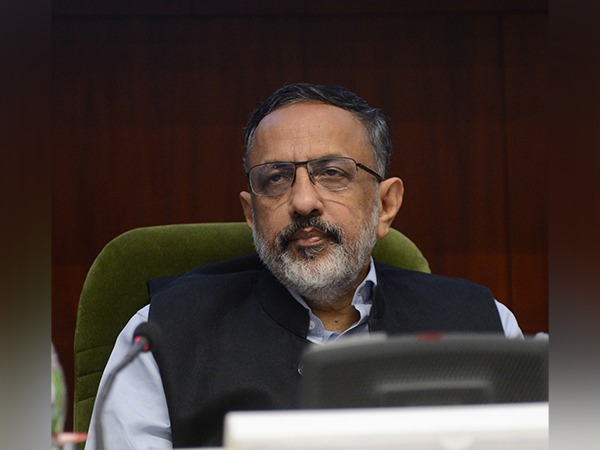
NITI Aayog member pitches for accelerating India's transition to electric mobility
Aug 04, 2025
New Delhi [India], August 4 : NITI Aayog Member Rajiv Gauba has made a strong pitch for accelerating India's transition to electric mobility while also laying thrust on boosting production of rare earth elements in the country and leveraging the country's untapped potential in the sector.
Speaking at the launch of 'Unlocking a $200 Billion Opportunity: Electric Vehicles in India | India Electric Mobility Index (IEMI) 2024,' Gauba highlighted the emerging rare earth magnet issue as both a challenge and an opportunity. "World over, people are now exploring other sources, working on other innovative technologies," he said, noting that the Centre has launched a critical mineral mission to address these concerns.
Gauba stressed that India possesses large reserves of rare earth minerals, but there is an urgent need to "rapidly explore, survey, mine and process them."
This domestic capability could significantly reduce India's dependence on imports for critical EV components.
The NITI Aayog member acknowledged that India's adoption of electric vehicles remains slower compared to US, China and the European Union but outlined specific strategies to accelerate the transition.
One key recommendation involves targeting large institutional buyers. Gauba suggested that the government should persuade major organisations, including the Ministry of Defence, central police forces, and maharatna companies, to purchase only electric vehicles when replacing their existing fleets.
"Large organisations, government departments, and public sector undertakings, which have a large fleet of buses and cars, should lead by example," he emphasised, noting this could create substantial market demand.
The NITI Aayog member identified several bottlenecks hindering widespread EV adoption, including concerns about battery range and charging infrastructure. He pointed to the lack of a unified app for locating charging stations and booking slots as a significant user experience issue.
Cost remains another major barrier, with Gauba highlighting that high fixed charges levied by distribution companies make charging costs expensive for many users.
Gauba advocated for a more targeted approach, emphasising the need for region-specific and city-specific strategies. He highlighted that trucks and buses, while constituting only 4 per cent of all vehicles, contribute to 50% of transportation emissions.
"Therefore there is an alternate need to tackle this segment," he said, suggesting that focusing on commercial vehicles could yield disproportionate environmental benefits.
Gauba said electric mobility is also a significant economic opportunity. He argued that the transition could "significantly reduce our dependence on imported fossil fuels, lower the cost of transportation, and help our cities reclaim the air."
The NITI Aayog member emphasized the potential for job creation and industrial development, noting that electric mobility can "catalyze a new way of manufacturing, innovation and employment, from battery production and vehicle assembly to charging infrastructure and digital solutions."
